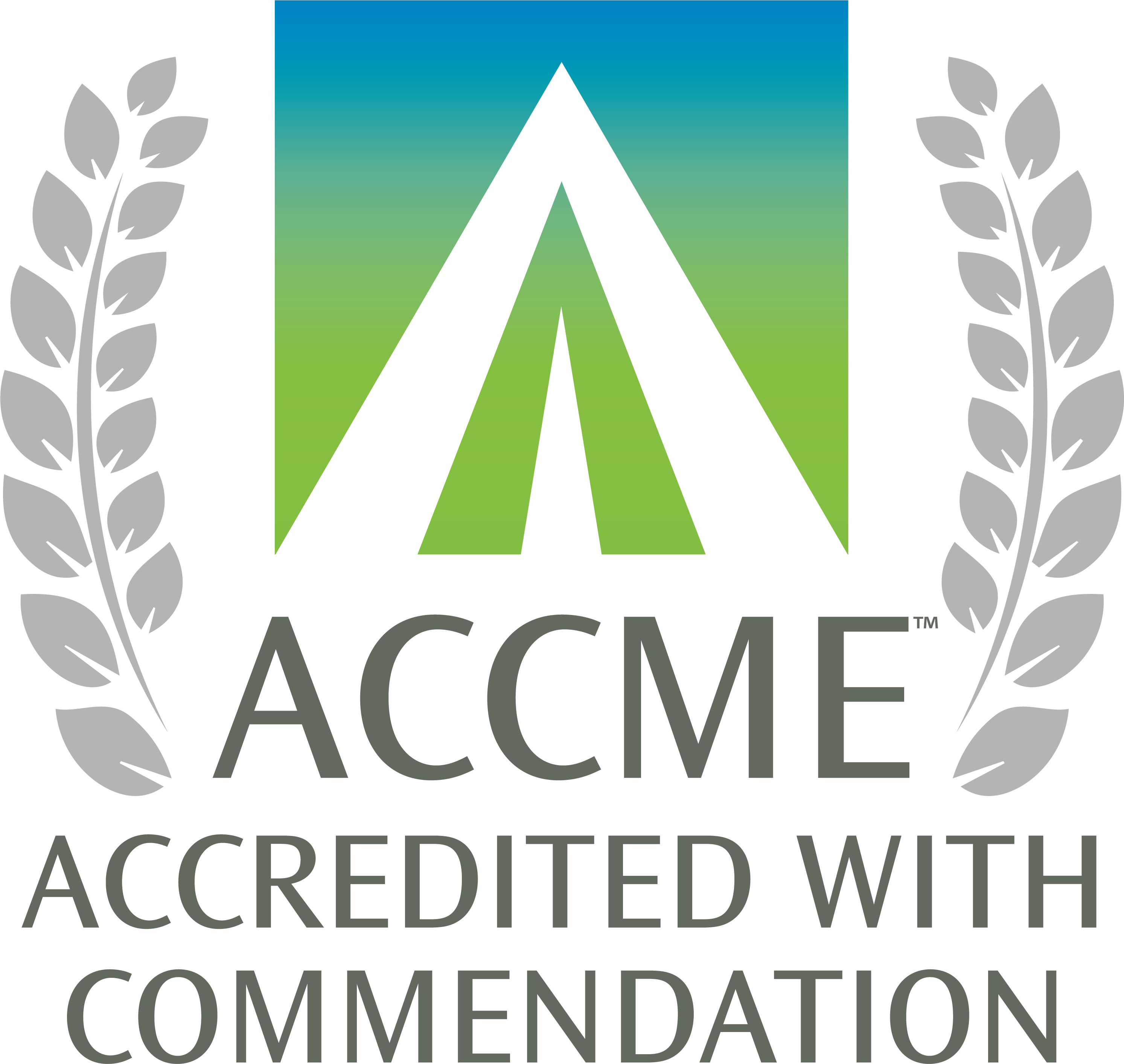MC3 Recorded Education Series: Transforming Trauma Informed Care- How to Screen Perinatal Women for Trauma and What to do with a Positive Screen
To begin this activity, click Enroll. Once logged in, learners can access educational content, assessments, and evaluations. Learners who successfully complete the activity will be able to print a certificate.
- Participants will be able to screen perinatal patients for trauma using appropriate assessment tools.
- Participants will gain and enhanced understanding of the effects of trauma on mothers, children, and relationships with care teams, and use this understanding to inform care plans.
- When perinatal patents present with positive screens for trauma, participants will be able to develop treatment options and refer patients to appropriate services.
The University of Michigan Medical School is accredited by the Accreditation Council for Continuing Medical Education (ACCME) to provide continuing medical education for physicians.
The University of Michigan Medical School designates this enduring material for a maximum of 0.75 AMA PRA Category 1 Credit(s) ™. Physicians should claim only the credit commensurate with the extent of their participation in the activity.
Original Release Date: December 2020
Termination Date: December 2023
Cook N, Ayers S, Horsch A. Maternal posttraumatic stress disorder during the perinatal period and child outcomes: A systematic review. J Affect Disord. 2018 Jan 1;225:18-31. doi: 10.1016/j.jad.2017.07.045. Epub 2017 Jul 27. PMID: 28777972.
Erickson N, Julian M, Muzik M. Perinatal depression, PTSD, and trauma: Impact on mother-infant attachment and interventions to mitigate the transmission of risk. Int Rev Psychiatry. 2019 May;31(3):245-263. doi: 10.1080/09540261.2018.1563529. Epub 2019 Feb 27. PMID: 30810410.
Cirino NH, Knapp JM. Perinatal Posttraumatic Stress Disorder: A Review of Risk Factors, Diagnosis, and Treatment. Obstet Gynecol Surv. 2019 Jun;74(6):369-376.
Prins, A., Bovin, M. J., et al. (2016). The Primary Care PTSD Screen for DSM-5 (PC-PTSD-5): Development and evaluation within a Veteran primary care sample. Journal of General Internal Medicine, 31, 1206-1211. doi:10.1007/s11606-016-3703-5


